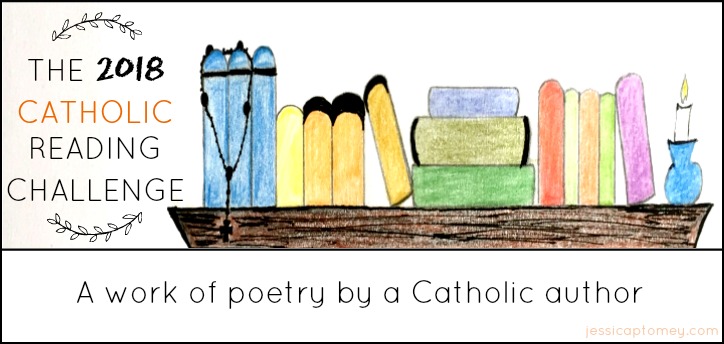
A weekly curation of quotations I come across in my reading life (or on random condiment jars) — from the inspirational to the miscellaneous. Perhaps one inspires you or catches your fancy too…
How to approach prayer today…
“In our petitions we will receive more by sighs than by speech, more by tears than by words.”
(The “Response” to the second reading in the OOR in the Liturgy of the Hours for today)
From St. Robert Southwell’s poem “Content and Rich”…
“I dwell in Grace’s court,
Enriched with Virtue’s rights;
Faith guides my wit, Love leads my will,
Hope all my mind delights.”
Are we living as God intended us?
“The glory of God is man fully alive, and the life of man is the vision of God.” (St. Irenaeus)
The power and role of habit…
“Education is the formation of habits.”
“Habit is 10 natures.”
— Charlotte Mason (Home Education, Vol. 1, pt. 3)

